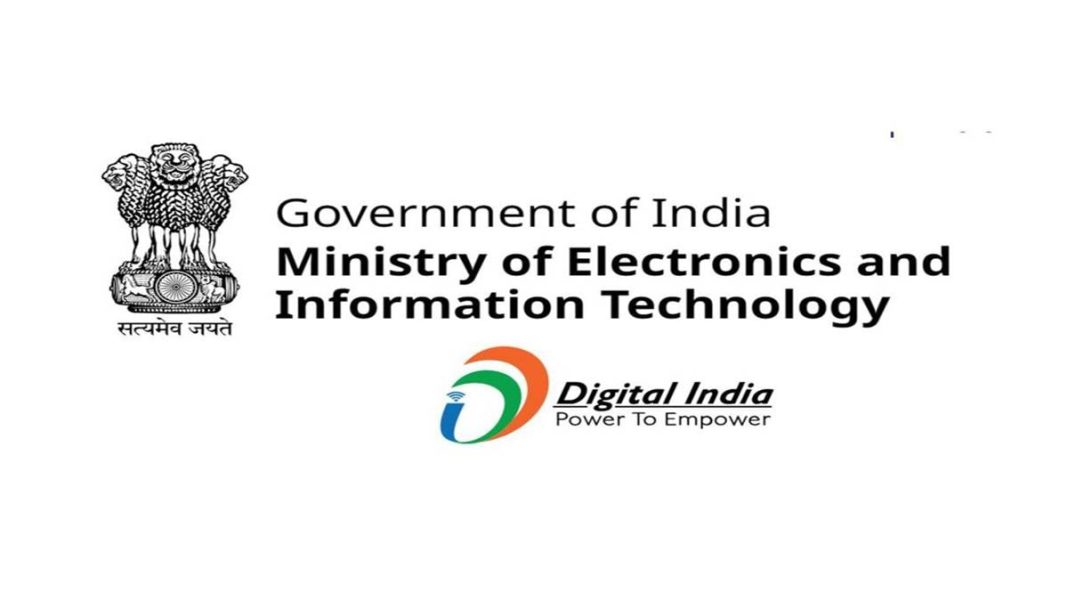India’s DPDP Rules 2025: Key Implementation Framework Notified
The Central Government has officially notified the Digital Personal Data Protection (DPDP) Rules, 2025, establishing the operational framework for implementing the 2023 Act. The Ministry of Electronics and Information Technology issued the notification following public consultation on draft rules released earlier this year.
Key Takeaways
- Phased implementation schedule announced for data protection rules
- Strict requirements for processing children’s data with verifiable parental consent
- Enhanced obligations for Significant Data Fiduciaries including annual audits
- Data Protection Board to function as digital office with remote proceedings
Core Definitions and Notice Requirements
The rules establish detailed definitions for terms like “user account,” “verifiable consent,” and “techno-legal measures” governing digital processes. Data fiduciaries must provide clear notices to data principals in plain language, detailing personal data being processed and enabling consent withdrawal.
Protecting Children’s Data
For processing children’s personal data, the rules mandate verifiable consent from parents or guardians. Data fiduciaries must implement technical measures to verify consent through reliable identity details, authorized tokens, or Digital Locker systems. Multiple illustrations outline account creation processes for minors with age and identity verification checks.
Enhanced Obligations for Significant Data Fiduciaries
Significant Data Fiduciaries face additional requirements including annual Data Protection Impact Assessments, algorithmic safety verification, and compliance with government-specified cross-border data flow restrictions.
Data Principal Rights and Grievance Redressal
All data fiduciaries must publish mechanisms for filing requests and grievance redressal, with response timelines not exceeding 90 days. The rules enable nomination of individuals to exercise rights on behalf of data principals.
Data Protection Board Structure
The rules detail the Data Protection Board’s structure, powers, decision-making processes, and conflict-of-interest safeguards. The Board will operate as a digital office facilitating remote proceedings. Appeals against Board orders can be filed digitally before the Appellate Tribunal.
Government Access Provisions
The Act authorizes government officers to seek information from data fiduciaries for sovereignty, law enforcement, or regulatory functions.
With these rules formally notified, India’s data protection framework enters a structured implementation phase, marking a significant milestone in the country’s digital governance landscape .




